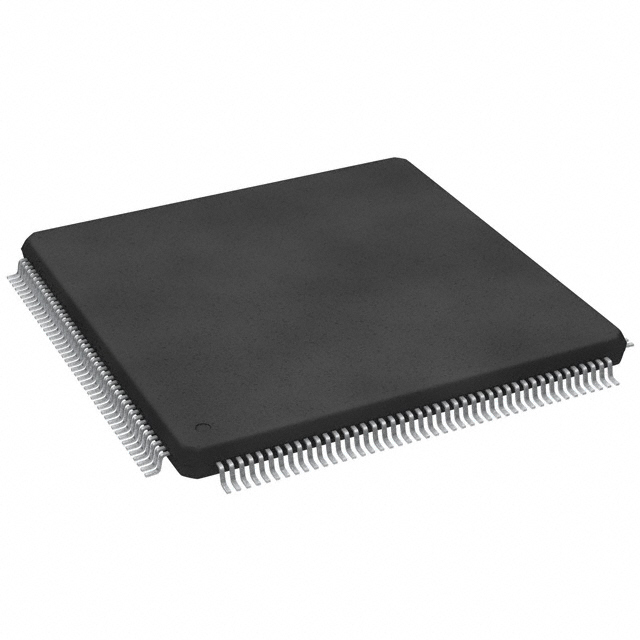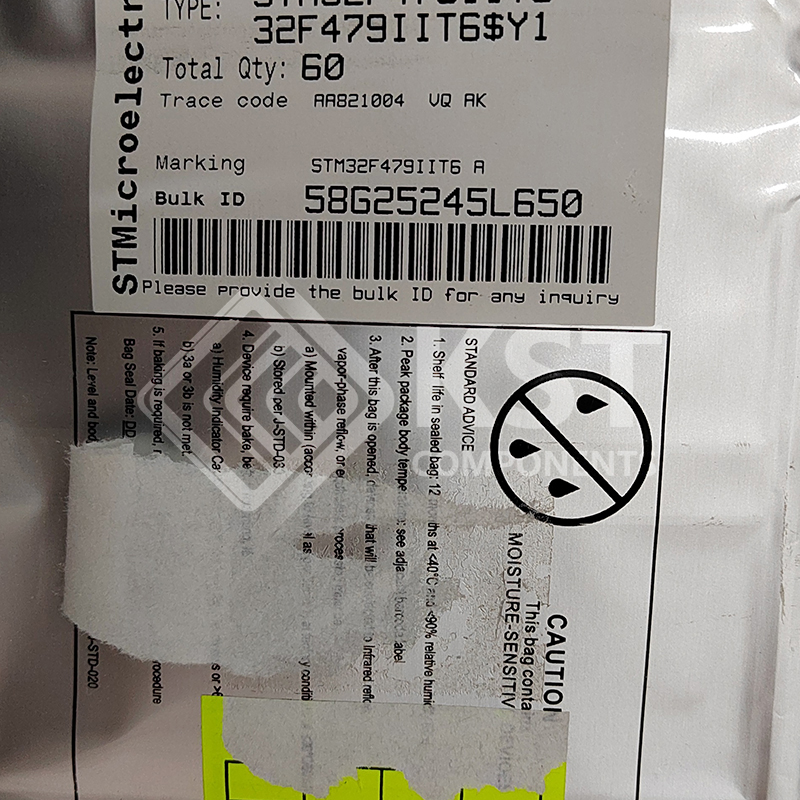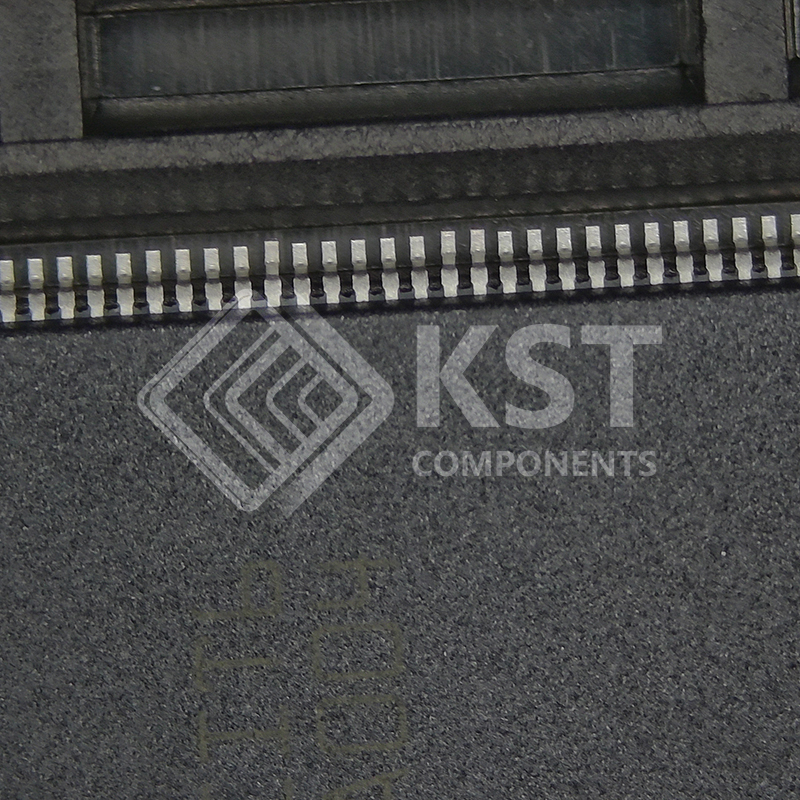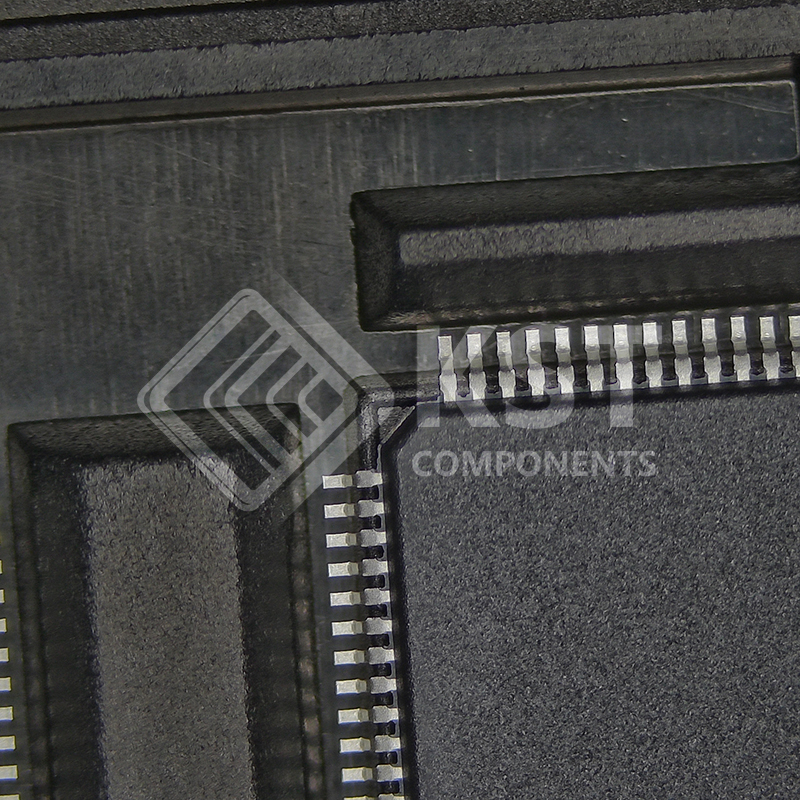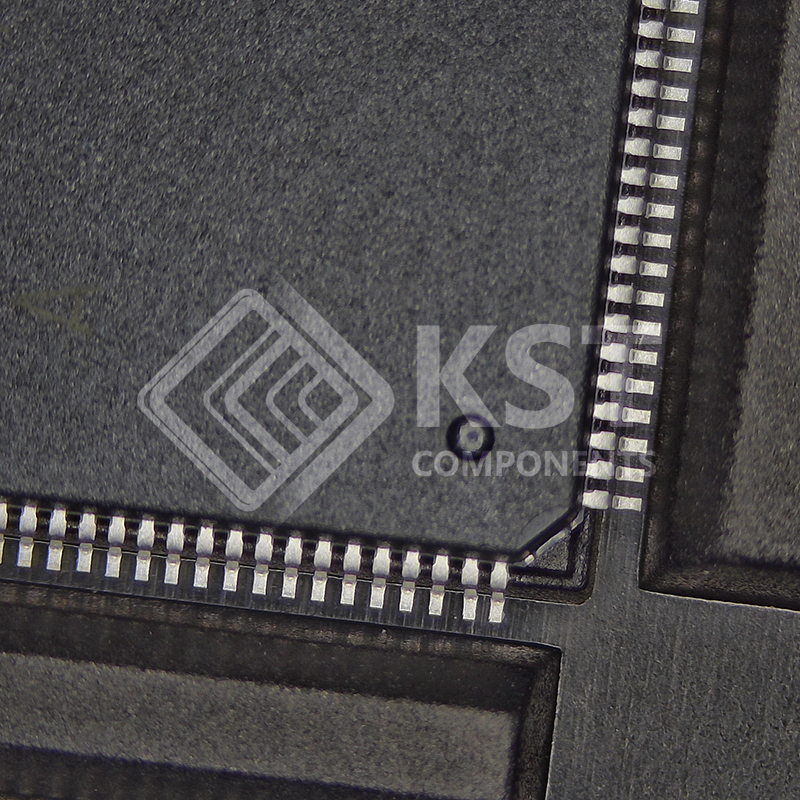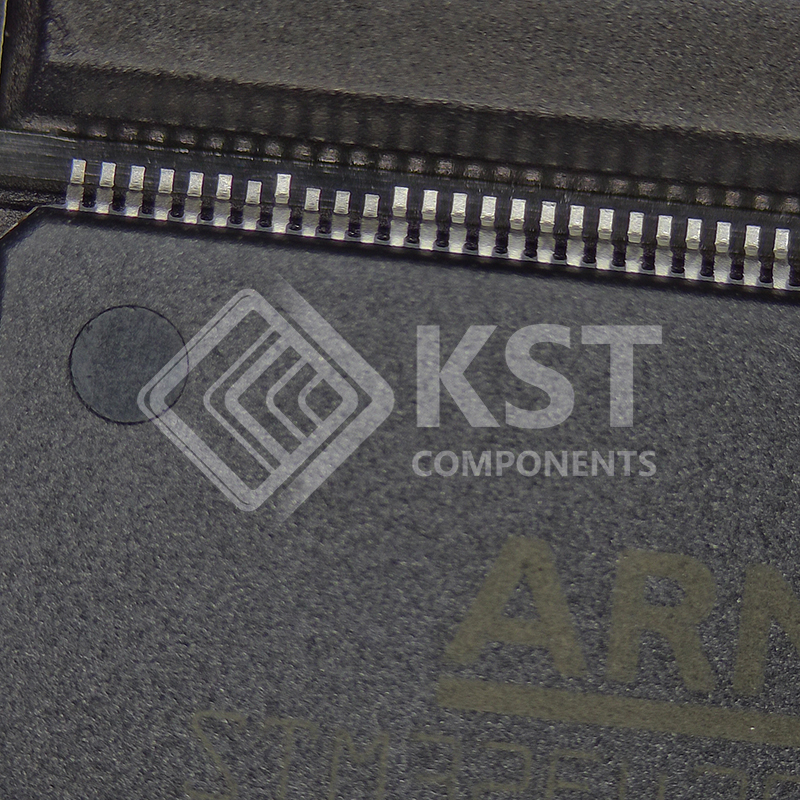• Includes ST state-of-the-art patented technology
• Core: Arm® 32-bit Cortex®-M4 CPU with FPU,
adaptive real-time accelerator (ART
Accelerator™) allowing 0-wait state execution
from flash memory, frequency up to 180 MHz,
MPU, 225 DMIPS/1.25 DMIPS/MHz
(Dhrystone 2.1), and DSP instructions
• Memories
– 512 bytes of OTP memory
– Up to 2 MB of flash memory organized into two
banks allowing read-while-write
– Up to 384+4 KB of SRAM including 64 KB of
CCM (core coupled memory) data RAM
– Flexible external memory controller with up to
32-bit data bus: SRAM, PSRAM,
SDRAM/LPSDR, SDRAM, flash NOR/NAND
memories
– Dual-flash mode Quad-SPI interface
• Graphics
– Chrom-ART Accelerator™ (DMA2D),
graphical hardware accelerator enabling
enhanced graphical user interface with
minimum CPU load
– LCD parallel interface, 8080/6800 modes
– LCD TFT controller supporting up to XGA
resolution
– MIPI® DSI host controller supporting up to
720p 30 Hz resolution
• Clock, reset, and supply management
– 1.7 V to 3.6 V application supply and I/Os
– POR, PDR, PVD, and BOR
– 4-to-26 MHz crystal oscillator
– Internal 16 MHz factory-trimmed RC
(1% accuracy)
– 32 kHz oscillator for RTC with calibration
– Internal 32 kHz RC with calibration • Low power
– Sleep, Stop, and Standby modes
– VBAT supply for RTC, 20×32 bit backup
registers + optional 4 KB backup SRAM
• 3× 12-bit, 2.4 MSPS ADC: up to 24 channels and
7.2 MSPS in triple interleaved mode
• 2× 12-bit D/A converters
• General-purpose DMA: 16-stream DMA
controller with FIFOs and burst support
• Up to 17 timers: up to twelve 16-bit and two
32-bit timers up to 180 MHz, each with up to four
IC/OC/PWM or pulse counter and quadrature
(incremental) encoder input. 2x watchdogs and
SysTick timer
• Debug mode
– SWD and JTAG interfaces
– Cortex®-M4 Trace Macrocell™
• Up to 161 I/O ports with interrupt capability
– Up to 157 fast I/Os up to 90 MHz
– Up to 159 5 V-tolerant I/Os
• Up to 21 communication interfaces
– Up to three I2C interfaces (SMBus/PMBus)
– Up to four USARTs and four UARTs
(11.25 Mbit/s, ISO7816 interface, LIN, IrDA,
modem control)
– Up to six SPIs (45 Mbits/s), two with muxed
full-duplex I2S for audio class accuracy via
internal audio PLL or external clock
– 1x SAI (serial audio interface)
– 2× CAN (2.0B Active)
– SDIO interface
• Advanced connectivity
– USB 2.0 full-speed device/host/OTG
controller with on-chip PHY
– USB 2.0 high-speed/full-speed
device/host/OTG controller with dedicated
DMA, on-chip full-speed PHY and ULPI
– Dedicated USB power rail enabling on-chip
PHYs operation throughout the entire MCU
power supply range
– 10/100 Ethernet MAC with dedicated DMA:
supports IEEE 1588v2 hardware, MII/RMII
• 8- to 14-bit parallel camera interface up to
54 Mbytes/s.
• Cryptographic accelerator
– HW accelerator for AES 128, 192, 256,
Triple DES, HASH (MD5, SHA-1, SHA-2)
and HMAC
• True random number generator
• CRC calculation unit
• RTC: subsecond accuracy, hardware calendar
• 96-bit unique ID



